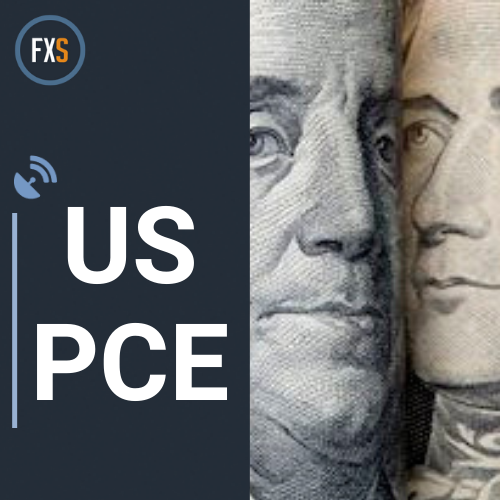The results of a large French study were published in 22 million people, which showed that the vaccination against coronavirus reduces at a rate of 90% the risk of hospitalization in people over 50 years of age, while existing vaccines appear to be equally effective against Delta mutation.
“Those who have been vaccinated against covid-19 are running nine times less risk to be hospitalized or die from the disease in relation to the unvaccinated “, explained the epidemiologist Mahmoud Zureik, director of the organization Epi-Phare, which was created by the Health Insurance Service (Cnam) and the Medicines Agency (ANSM).
These data confirm the results of other real-world surveys conducted in other countries, such as Israel, Britain and the United States. But the French study “Is the largest ever held in the world”, according to Zureik.
According to the APE-EIA, Epi-Phare researchers compared the data of 11 million vaccinated people over the age of 50 with those of 11 million unvaccinated people of the same age group from 27 December 2020 (when the immunization campaign against covid was launched -19 in France) until 20 July 2021.
After the 14th day after the second dose of the vaccine, the researchers noticed a “reduction in the risk of hospitalization by more than 90%”.
Coronavirus: What the investigation showed about the Delta strain
To understand the effects of the coronavirus Delta variant strain, the researchers estimated the reduction in the risk of hospitalization in the period after June 20, when the strain spread widely in France, one month before the end of the study.
The conclusions they reached were similar to those of previous periods: the effectiveness of vaccines in preventing hospitalization reached 84% for people over 75 and 92% for 50 to 74 years.
This gives us “the first data”, but “this period is too short to assess the real effects of the vaccine on this strain”. “The study must be continued to include the August and September data,” Zureik said.
Couples

Epi-Phare studied the efficacy of Pfizer / BioNTech, Moderna and AstraZeneca vaccines. The fourth vaccine licensed in France is Johnson & Johnson, but it was later given in smaller doses. For this reason it was not included in the study.
“This reduction is equivalent to the risk of death during hospitalization due to covid-19,” according to Epi-Phare. In addition, the effectiveness of the vaccines against the serious disease “did not appear to decrease during the follow-up period, which reached five months”.
The study involved two groups from two different populations: the first group consisted of people over the age of 75, with a sample of 7.2 million people (50% vaccinated – 50% unvaccinated). The second group included people aged 50 to 74, with a sample of 15.4 million (50% vaccinated – 50% unvaccinated).
The immunization campaign against covid-19 in France started on 27 December 2020 for the first group and on 19 February 2021 for the second. The study followed these two populations until July 20. To compare the data, the researchers created pairs: each vaccinated person was linked to a non-vaccinated person of the same age, same sex who lived in the same area. They followed these couples until July 20 and compared their hospitalization rates.
This study concerns only the efficacy of vaccines against severe forms of covid-19 disease and does not allow us to assess the extent to which they inhibit disease in general or the transmission of the disease.
Other studies around the world have shown that Delta reduces the effectiveness of vaccines against other strains. But avoiding serious illness “is the main goal of public health,” Zureik said. “An epidemic without a serious illness is not an epidemic.”
Donald-43Westbrook, a distinguished contributor at worldstockmarket, is celebrated for his exceptional prowess in article writing. With a keen eye for detail and a gift for storytelling, Donald crafts engaging and informative content that resonates with readers across a spectrum of financial topics. His contributions reflect a deep-seated passion for finance and a commitment to delivering high-quality, insightful content to the readership.






